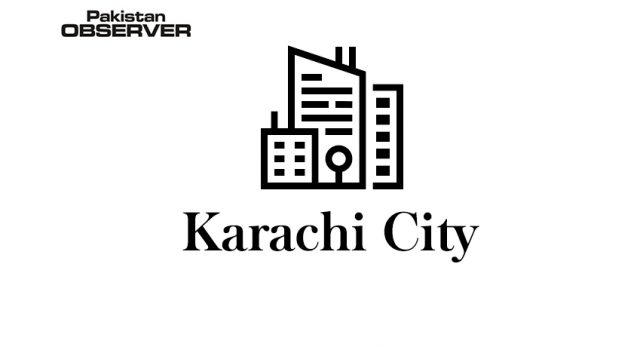Sindh Minister for Industries & Commerce and Anti-Corruption Jam IkramullahDharejo has said that the attitude of the federal government in the dire situation of coronavirus is very disappointing and the federal government is in hostility to the government of Sindh in preventing coronavirus. Positive policies of Sindh Government have not been taken into account, which has resulted in a huge increase in the number of coronavirus patients in the country, as well as thousands of deaths. Who is responsible for them? He said this while participating in the ongoing debate on Budget 2020-21 in the Sindh Assembly today. Dharejo slammed the federal government, saying that the frivolous policies of the federal government and the stupid statements of the federal ministers had confused the people about the coronavirus. Sometimes federal government opened the lockdown, sometimes closed it. The minister said that the Sindh government had done a remarkable job by presenting a balanced budget in difficult circumstances which was commendable. Keeping in view the problems of government employees, the increase in their salaries was also a commendable step by the Sindh government. He added, ‘The federal government has been treating Sindh like a stepmother. Industries are facing load shedding of gas and electricity. The federal government is not ready to give the provinces their due rights, while the Sindh government has spent Rs 2.5 billion in the last two years for the improvement of infrastructure in industrial zones and another Rs 1 billion has been allocated for the same purpose ‘. He said that an industrial zone was being set up in Larkana at a cost of Rs. 1 billion so that industries could be set up in other cities of Sindh along with Karachi and employment could be created at the local level. Its Department of Industries and Commerce in collaboration with Sindh Karachi Water and Sewerage Board would set up five treatment plants at Federal B Area, Super Highway Site, Landhi, Korangi and Lyari for treatment of contaminated water in industrial zones at a cost of Rs12 billion.










